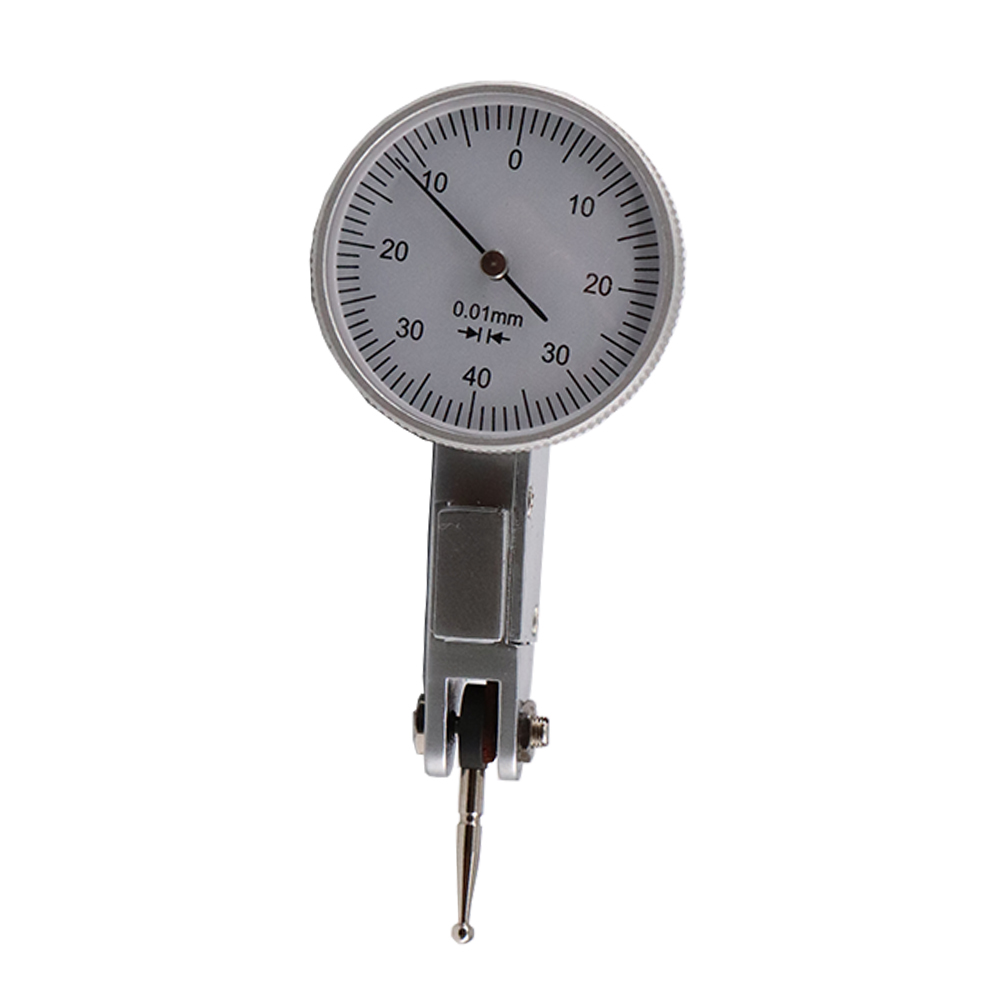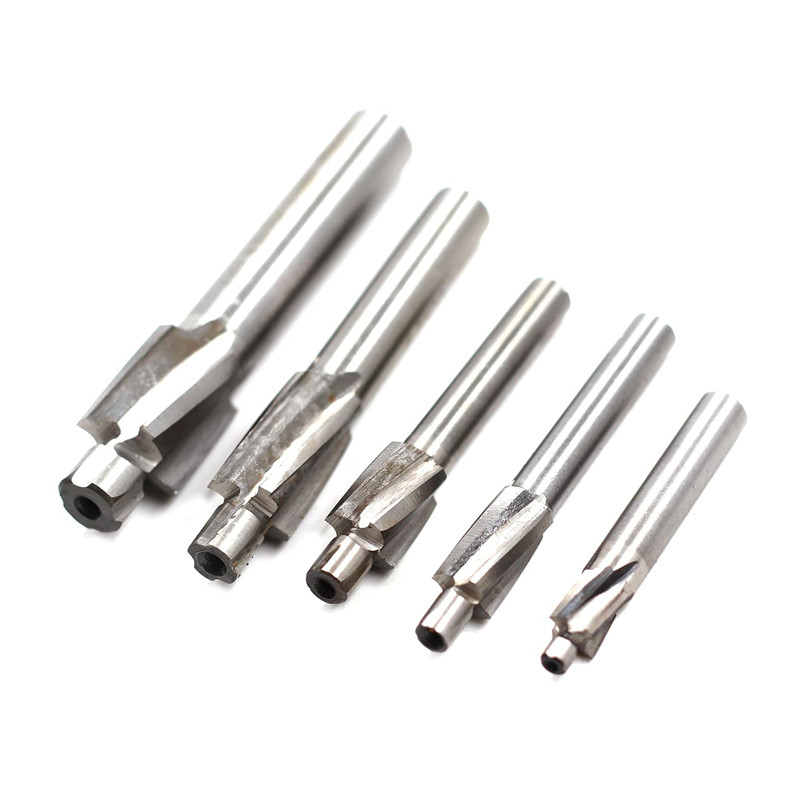High-Quality milling chuck set
A high-quality milling chuck set is essential for precision machining, ensuring accurate and stable tool holding. This guide explores different types of milling chucks, key features to consider, and how to choose the best set for your specific needs, maximizing your milling machine's performance.
Understanding Milling Chucks
Milling chucks are crucial components in any milling operation. They securely hold the cutting tool, transmitting torque and ensuring accuracy during material removal. A reliable chuck is vital for achieving tight tolerances and smooth surface finishes.
Types of Milling Chucks
Several types of milling chucks cater to different applications. Understanding their strengths and weaknesses is essential for selecting the right one for your shop.
ER Collet Chucks
ER collet chucks are the most common type, offering versatility and a wide range of collet sizes. They're known for their good clamping force and concentricity, making them suitable for various milling operations.
Features:
- Wide range of collet sizes
- Good clamping force
- Suitable for various materials and cutting tools
- Cost-effective
Shrink-Fit Chucks
Shrink-fit chucks offer exceptional concentricity and clamping force, making them ideal for high-speed machining and demanding applications. These chucks rely on thermal expansion and contraction to grip the tool.
Features:
- Exceptional concentricity
- High clamping force
- Suitable for high-speed machining
- Requires a heating device for tool changes
Hydraulic Chucks
Hydraulic chucks provide vibration damping and high clamping force, making them suitable for heavy cutting and roughing operations. The hydraulic pressure evenly distributes the clamping force around the tool shank.
Features:
- Vibration damping
- High clamping force
- Suitable for heavy cutting
- Easy tool changes
End Mill Holders
End mill holders are specifically designed for holding end mills and feature a set screw that secures the tool. They are a simple and cost-effective option, but offer less precision than collet chucks or shrink-fit chucks.
Features:
- Simple design
- Cost-effective
- Specifically designed for end mills
- Lower precision compared to other chucks
Key Features to Consider in a High-Quality Milling Chuck Set
When selecting a high-quality milling chuck set, consider the following features to ensure optimal performance and longevity:
Concentricity
Concentricity is the accuracy with which the tool rotates around the chuck's axis. Lower runout values indicate higher concentricity, resulting in improved surface finish and tool life. Aim for chucks with a runout of 0.0002' (5μm) or less for precision applications.
Clamping Force
Clamping force refers to the chuck's ability to securely hold the tool under load. Higher clamping force prevents tool slippage, especially during aggressive cutting operations. Check the manufacturer's specifications for clamping force ratings.
Material and Construction
The material and construction of the chuck influence its durability and performance. Look for chucks made from hardened and ground alloy steel for maximum rigidity and resistance to wear. Also consider the finish; a black oxide or similar coating can enhance corrosion resistance.
Balance Grade
For high-speed machining, choose a balanced chuck to minimize vibration and improve surface finish. Balance grades are typically specified according to ISO 1940 standards (e.g., G2.5, G6.3). A lower G number indicates better balance.
Coolant Delivery
Consider a chuck with coolant delivery capabilities to improve tool life and chip evacuation. Coolant can be delivered through the tool or around the tool shank, depending on the chuck design. Check the specs of the High-Quality milling chuck set if it provides internal coolant delivery.
Choosing the Right Milling Chuck Set
Selecting the appropriate milling chuck set depends on your specific milling machine, the types of materials you'll be machining, and the desired level of precision.
Match the Chuck to Your Milling Machine Spindle
Ensure that the chuck's shank (e.g., CAT, BT, HSK) is compatible with your milling machine's spindle. Measure the spindle bore accurately to avoid any fitment issues.
Consider the Range of Tool Sizes
Choose a chuck set that accommodates the range of tool shank diameters you'll be using. ER collet chuck sets typically offer a wide range of collet sizes, making them a versatile choice.
Assess Your Machining Needs
For general-purpose milling, an ER collet chuck set may suffice. For high-speed machining or demanding applications, consider shrink-fit or hydraulic chucks. For heavy roughing operations, hydraulic chucks offer superior vibration damping.
Budget Considerations
Milling chuck sets vary in price depending on the type, quality, and features. Set a budget and compare different options to find the best value for your money. Investing in a high-quality milling chuck set will pay off in the long run through improved performance and tool life.
Maintaining Your Milling Chuck Set
Proper maintenance is crucial for extending the life of your milling chuck set and ensuring consistent performance.
Cleaning
Regularly clean the chuck and collets to remove chips, dirt, and coolant residue. Use a soft brush and a mild cleaning solution. Avoid using abrasive cleaners, which can damage the chuck's surface.
Lubrication
Apply a thin layer of lubricant to the chuck's internal components to prevent corrosion and ensure smooth operation. Follow the manufacturer's recommendations for the type of lubricant to use.
Inspection
Inspect the chuck and collets regularly for signs of wear, damage, or corrosion. Replace worn or damaged components immediately to avoid compromising performance.
Storage
Store the chuck set in a clean, dry place when not in use. Consider using a protective case to prevent damage during storage and transport. This can extend the life of your high-quality milling chuck set considerably.
Where to Buy High-Quality Milling Chuck Sets
You can purchase high-quality milling chuck sets from various sources, including:
- Industrial supply companies
- Online retailers (e.g., Amazon, McMaster-Carr)
- Directly from chuck manufacturers like Wayleading Tools.
When buying online, read reviews and compare prices from different vendors before making a purchase. Choose reputable suppliers with a proven track record of quality and customer service.
Troubleshooting Common Milling Chuck Issues
Even with proper maintenance, you may encounter some common issues with your milling chucks. Here are some troubleshooting tips:
Tool Slippage
If the tool is slipping in the chuck, check the clamping force and ensure that the collet is properly tightened. Clean the collet and tool shank to remove any contaminants that may be reducing friction. If the problem persists, the collet may be worn or damaged and need replacement.
Excessive Runout
Excessive runout can be caused by a damaged chuck, a worn collet, or improper tool installation. Check the chuck and collet for damage and replace them if necessary. Ensure that the tool is properly seated in the collet and that the collet is fully engaged in the chuck.
Vibration
Vibration can be caused by an unbalanced chuck, a worn spindle bearing, or improper cutting parameters. Balance the chuck to minimize vibration. Check the spindle bearing for wear and replace it if necessary. Adjust the cutting parameters (e.g., feed rate, spindle speed) to reduce vibration.
Data comparison
| Chuck Type | Concentricity (Runout) | Clamping Force | Application |
|---|---|---|---|
| ER Collet Chuck | 0.0002' - 0.0004' (5-10μm) | Moderate | General-purpose milling, drilling, tapping |
| Shrink-Fit Chuck | ≤ 0.0001' (2.5μm) | High | High-speed machining, finishing |
| Hydraulic Chuck | 0.0002' - 0.0004' (5-10μm) | Very High | Heavy cutting, roughing |
Conclusion
Choosing the right high-quality milling chuck set is a critical decision that can significantly impact your machining operations. By understanding the different types of chucks, considering key features, and following proper maintenance procedures, you can ensure optimal performance, extended tool life, and improved productivity.
Related products
Related products
Best selling products
Best selling products-
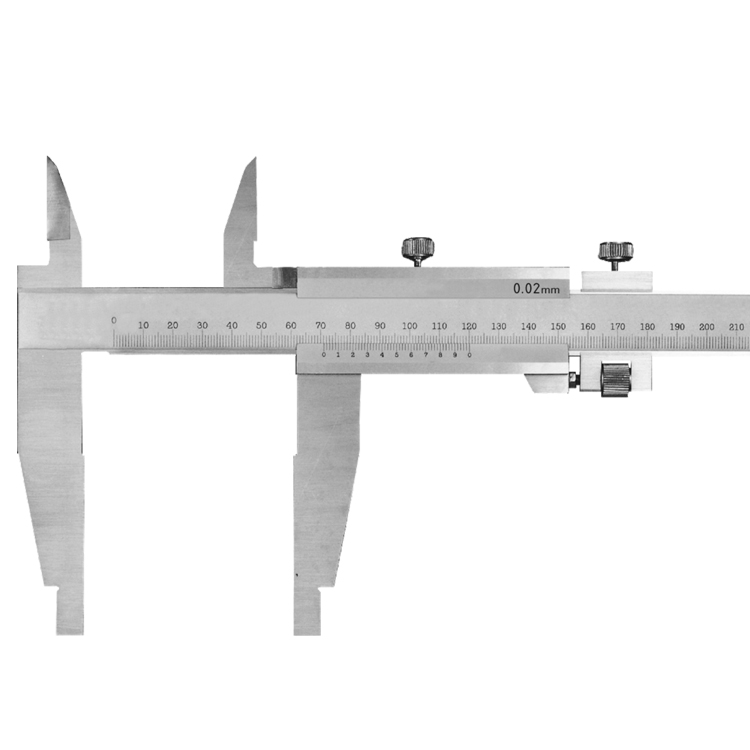 Precision Monoblock Vernier Caliper With Nib Style & Standard Style Jaws Of Metric & Imperial For Industrial
Precision Monoblock Vernier Caliper With Nib Style & Standard Style Jaws Of Metric & Imperial For Industrial -
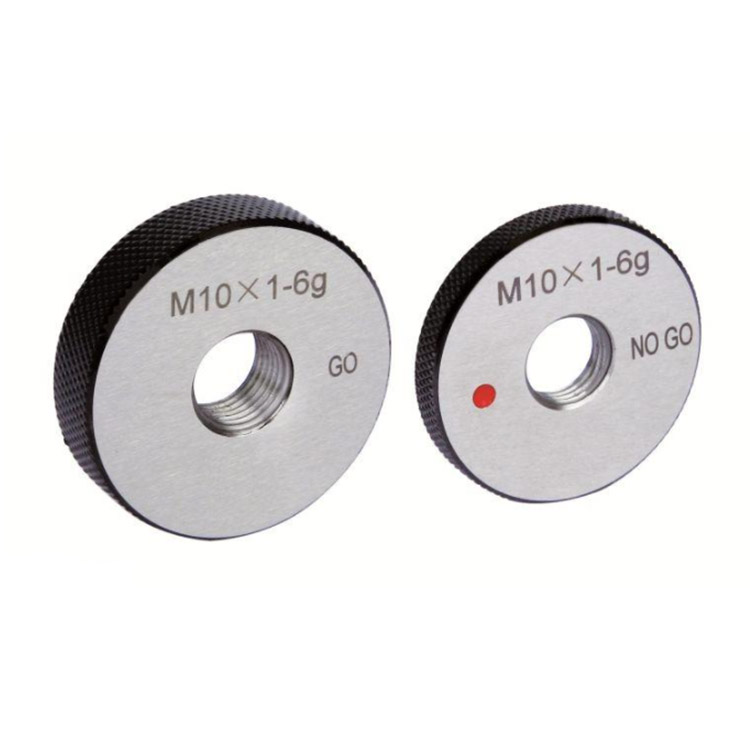 Metric Thread Ring Gauge 6g Accuracy With Go & NO Go
Metric Thread Ring Gauge 6g Accuracy With Go & NO Go -
 Precision Vernier Caliper With Nib Style & Standard Style Jaws Of Metric & Imperial For Industrial
Precision Vernier Caliper With Nib Style & Standard Style Jaws Of Metric & Imperial For Industrial -
 Metric HSS Step Drills With Straight Flute
Metric HSS Step Drills With Straight Flute -
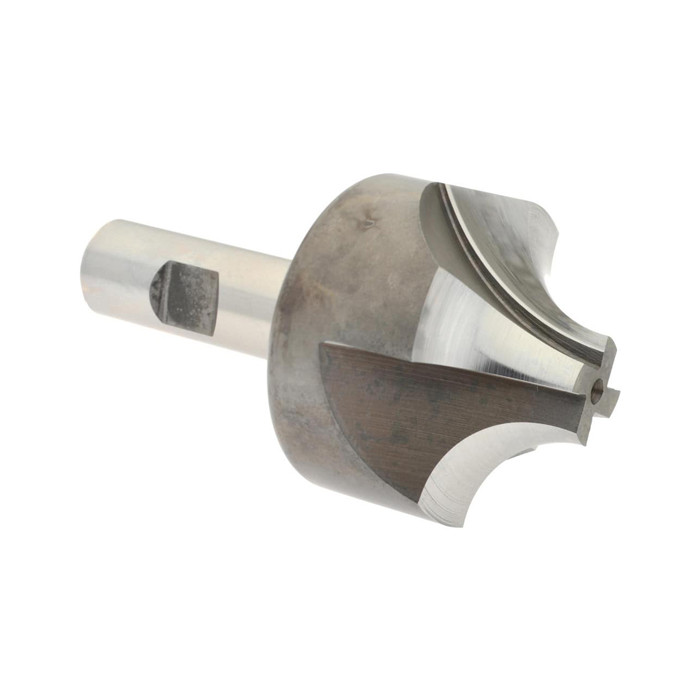 HSS Metric & Inch Corner Rounding End Mill For Industrial
HSS Metric & Inch Corner Rounding End Mill For Industrial -
 Precision Digital Caliper Of With Metric & Inch Size For Industrial
Precision Digital Caliper Of With Metric & Inch Size For Industrial -
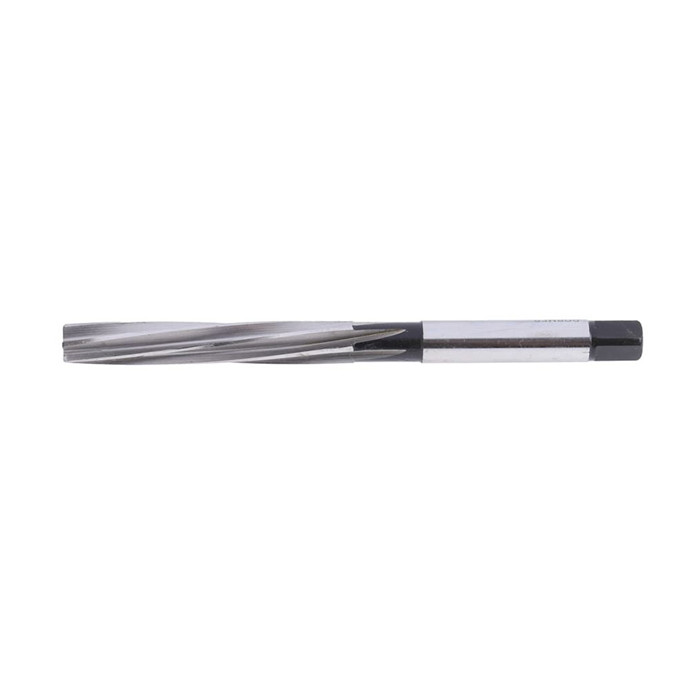 HSS Inch Hand Reamer With Straight Or Spiral Flute
HSS Inch Hand Reamer With Straight Or Spiral Flute -
 30PCS HSS Metric And Inch Size MINI Tap & Die Set
30PCS HSS Metric And Inch Size MINI Tap & Die Set -
 Precision V Block And Clamps Set With Customized Type
Precision V Block And Clamps Set With Customized Type -
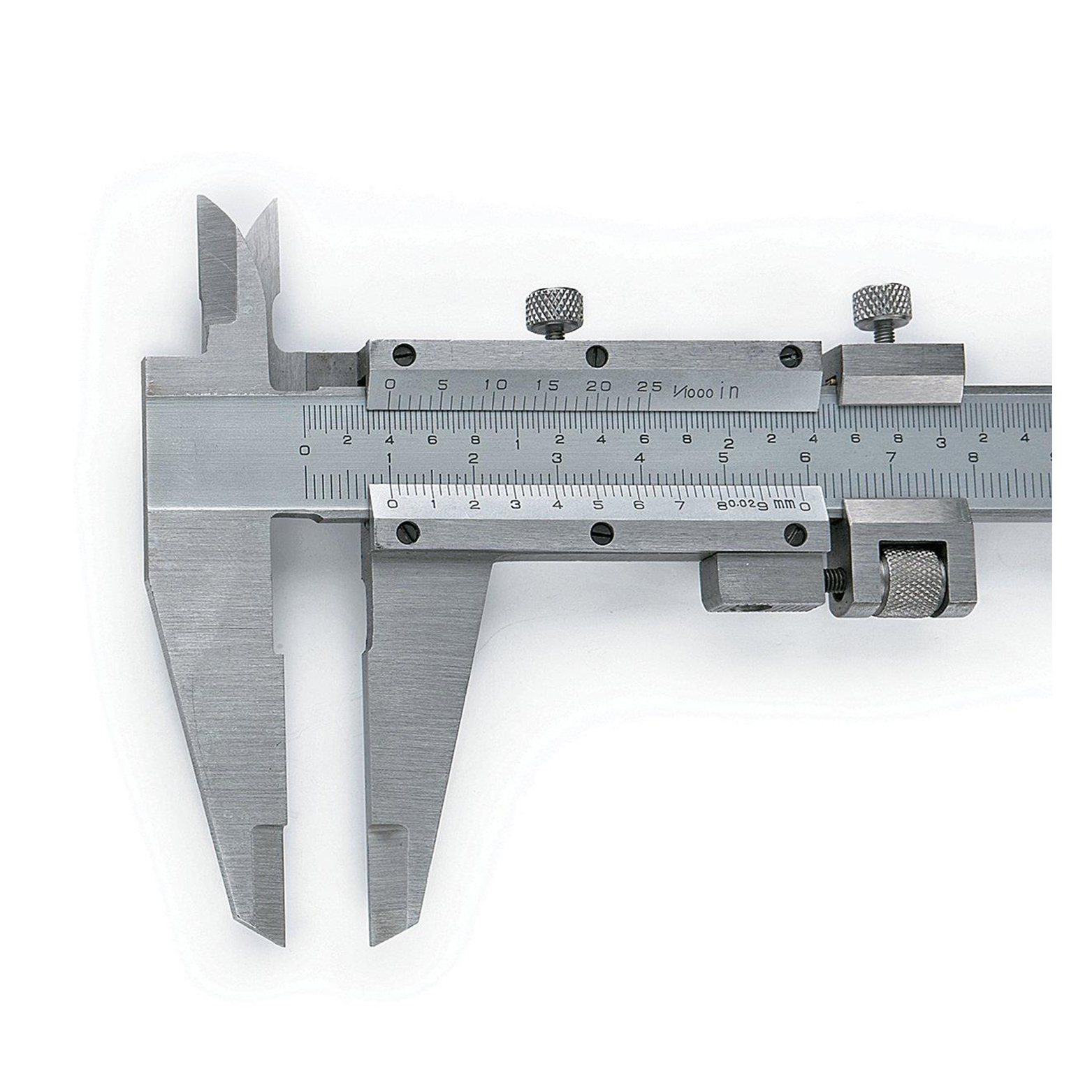 Precision Fine-Adjustment Vernier Caliper Of Metric & Imperial For Industrial
Precision Fine-Adjustment Vernier Caliper Of Metric & Imperial For Industrial -
 Precision V Block Set With High Quality Type
Precision V Block Set With High Quality Type -
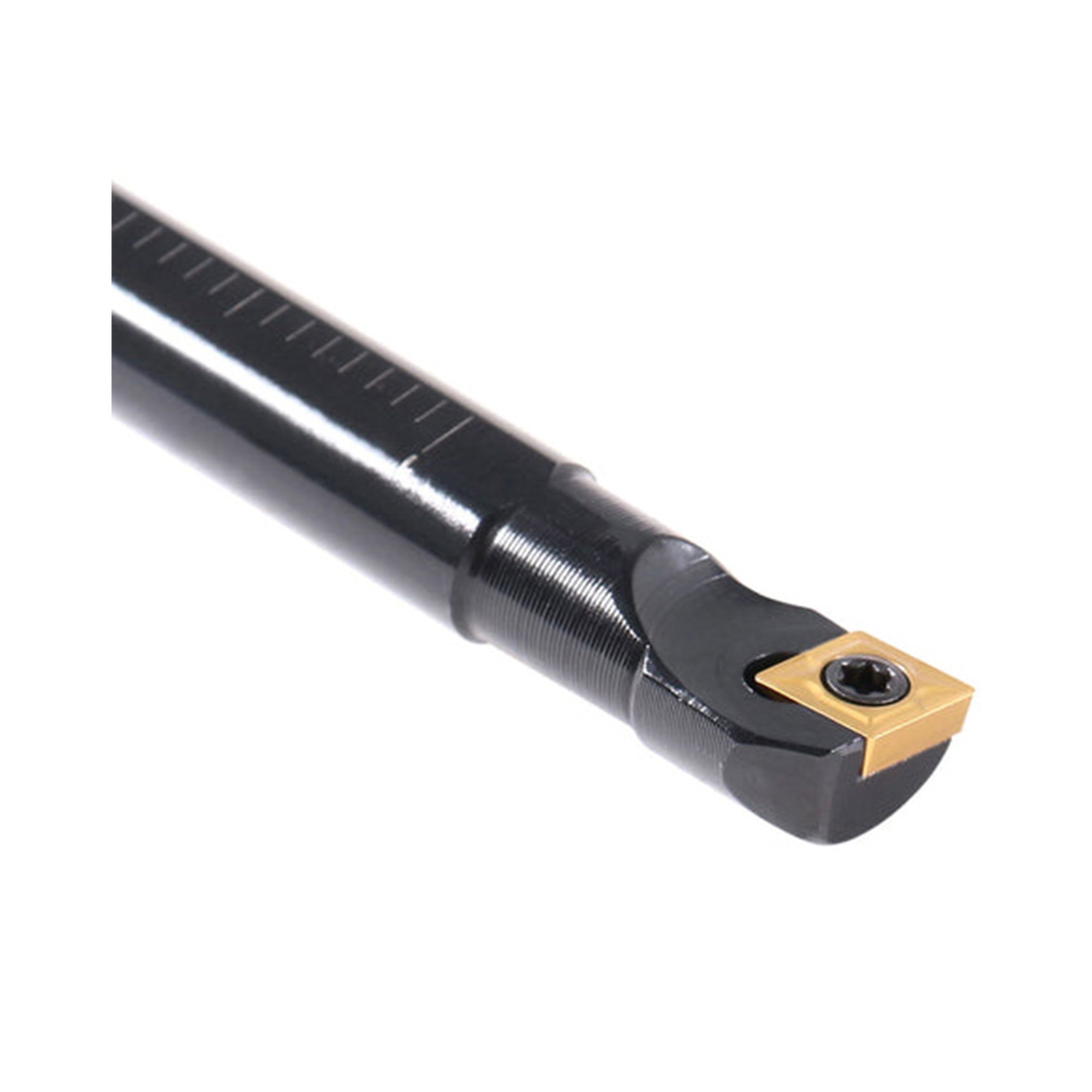 SCFC Indexable Boring Bar With Right And Left Hand
SCFC Indexable Boring Bar With Right And Left Hand



